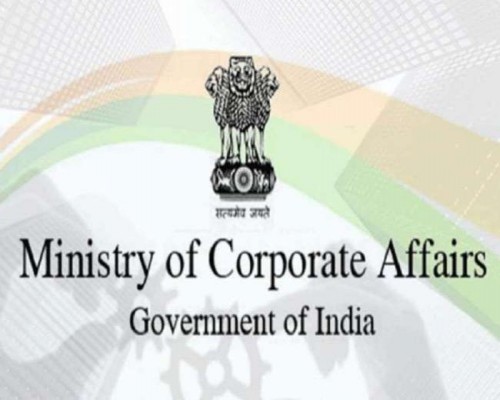ESIC Ordered to Pay ₹50 Lakh for Delayed Medical Assistance Leading to Woman's Death

ESIC Ordered to Pay ₹50 Lakh for Delayed Medical Assistance Leading to Woman's Death
UV INDIA NEWS: The National Consumer Disputes Redressal Commission (NCDRC) has issued a scathing verdict against the senior medical commissioners of the Employees' State Insurance Corporation (ESIC) for failing to provide timely medical assistance funds, resulting in the death of Shanti Ayani, a 25-year-old woman from Hyderabad.
Shanti, diagnosed with blood cancer in 2011, required a bone marrow transplant, and her treatment at the Tata Memorial Centre (TMC) was estimated to cost ₹50 lakh. Her mother, Manda Kumari, a member of the ESIC, sought financial support for her daughter's treatment. Although a letter of credit was issued to TMC in November 2012, the hospital demanded a deposit before beginning the therapy. This led to delays as ESIC withheld the release of funds despite repeated reminders.
Due to the delay in receiving funds, Kumari had to admit her daughter to another hospital for chemotherapy in October 2013. Unfortunately, Shanti passed away within a month due to her illness. Kumari approached higher authorities, including the Prime Minister, the National Human Rights Commission, and the Andhra Pradesh High Court, seeking intervention and immediate financial relief, but ESIC ignored her appeals.
The NCDRC ruled that ESIC's negligence and delay in disbursing the approved funds were unacceptable, particularly after all necessary documentation, including a letter of credit, had been provided. The commission initially awarded Kumari ₹35 lakh, but upon review, increased the compensation to ₹50.57 lakh with 6% interest from 2013. The NCDRC also directed that ₹35 lakh be used to establish a trust in Shanti's memory, dedicated to the education and healthcare of underprivileged girls, with the remaining amount deposited in a public sector bank.
The NCDRC's decision highlights the need for ESIC and other institutions to prioritise prompt and efficient service delivery, especially in critical medical cases where delays can lead to tragic outcomes.























